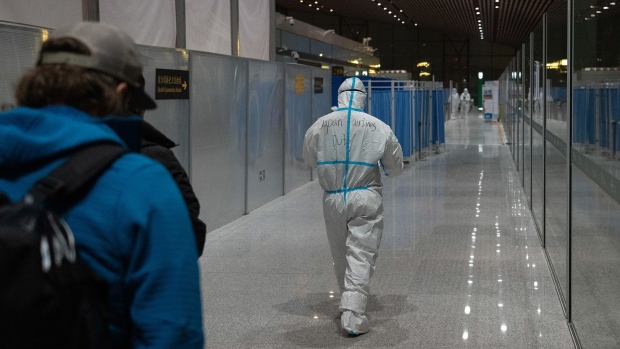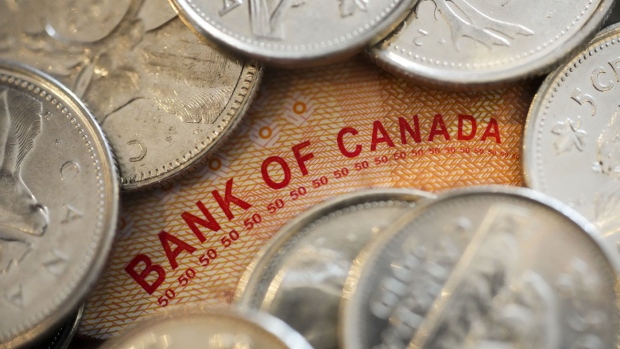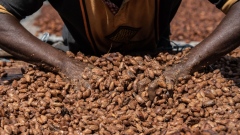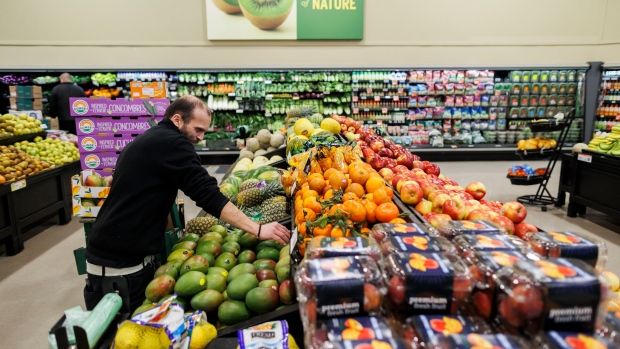Jan 24, 2022
As Cases Mount, China Eases Olympics Covid Testing Standards
, Bloomberg News

(Bloomberg) -- The Beijing Winter Olympics has eased a testing requirement for Covid-19 even as a growing number of cases associated with the games are being found, underscoring the challenge China faces in trying keep the infectious omicron variant at bay while minimizing disruption to the massive sporting event.
With less than two weeks to go before the opening ceremony, a total of 78 cases among Olympics participants have been reported since Jan. 4, which includes “stakeholders” such as marketing and other support staff. The first case among an athletes or team official was detected at Beijing airport on Sunday.
In a sign that organizers want to limit the fallout from more and more participants testing positive, Olympics officials said that they would amend the rules to lower the threshold for participants to be considered virus-free, and cut in half the number of days to seven that someone is designated a close contact.
The move by China -- which continues to pursue an aggressive Covid-zero policy -- to relax some Olympics anti-virus measures despite the rising number of cases, shows that it is accepting the impossibility of maintaining some of the stringent rules earlier put in place by the Beijing organizer without the exclusion of a large number of participants from the games. Those found to test positive are likely to be made to leave immediately.
The Tokyo Olympics in July had recorded just over 100 total cases in the month leading up to the start of the event. It’s likely that China will record more cases despite the Winter Olympics’ smaller scale, as it is testing more frequently and the omicron variant is much more infectious than delta and can better evade vaccine immunity.
There are also growing questions over how Beijing’s strict and blanket Covid rules fit with the varied nature of the omicron variant’s symptoms and recovery, while attitudes around the world are evolving. In an International Olympic Committee briefing Sunday, some participants questioned the original threshold for testing positive, the lack of clarity around rules for those who recently recovered from an infection and restrictions on close contacts.
Organizers have said they are trying to be flexible and are developing new policies for certain situations. The state-run China Daily newspaper said Monday that the positive cases have not affected the operations and preparations for the games.
Athletes traveling to China have to abide by strict virus rules, which include wearing N-95 masks and daily virus screenings. All Olympics-related individuals will also be managed inside a closed-loop system which separates participants from the populace outside, and restricts movement to places of lodging and competition facilities. Those entering the loop from outside China will need to take at least four tests before they are allowed in, with two taken before departure and two upon arrival.
Nearly half of the 78 reported Olympics cases were found after participants entered the loop, while the rest were detected at the airport.
Despite China’s stringent virus measures, which include lengthy quarantines and continuing lockdowns, the virus has still penetrated the country’s defenses. Most of China’s biggest cities are now fighting clusters of cases, highlighting more broadly the limits of the Covid-zero policy amid the spread of the omicron variant.
Monday’s rule change lowers a sensitivity threshold for PCR tests called the Ct value, or how many times a testing sample has to be amplified to detect the virus. Typically, tests are deemed negative if nothing is spotted after 30 to 40 amplifications. China had originally required at least 40 amplifications, but has lowered that to 35.
©2022 Bloomberg L.P.























